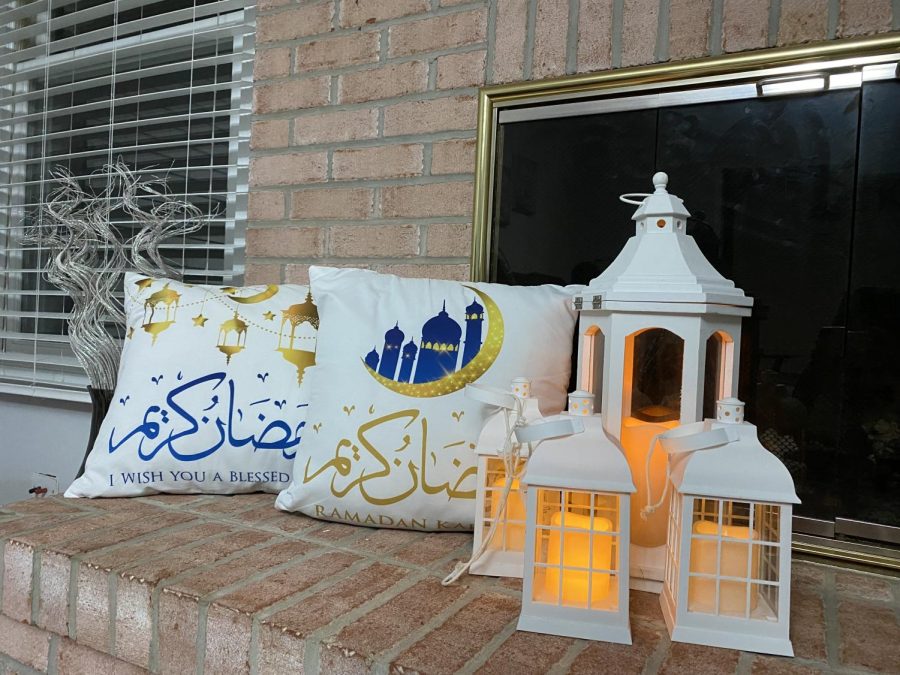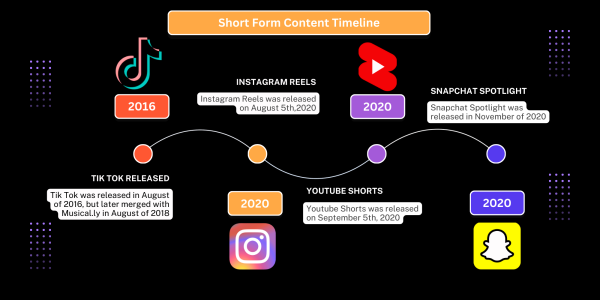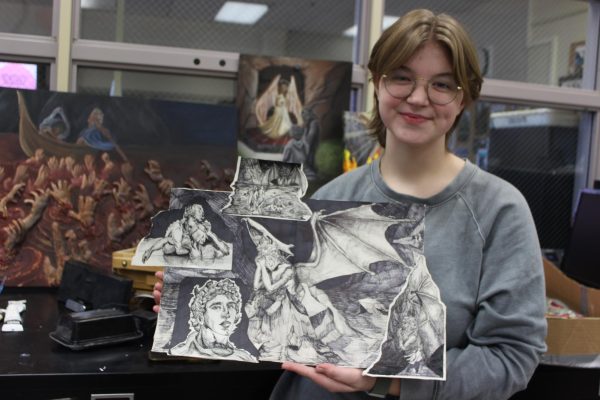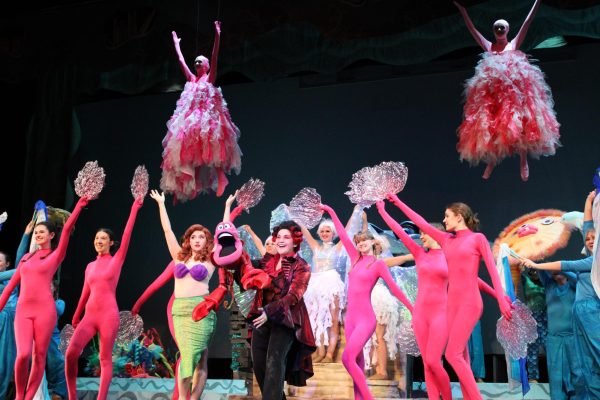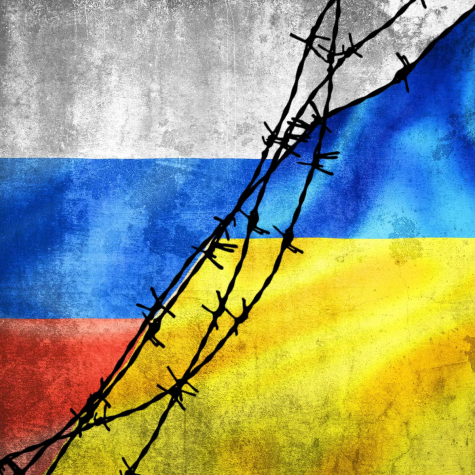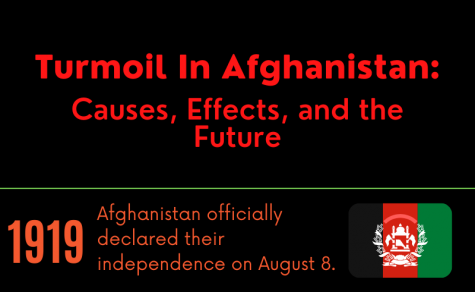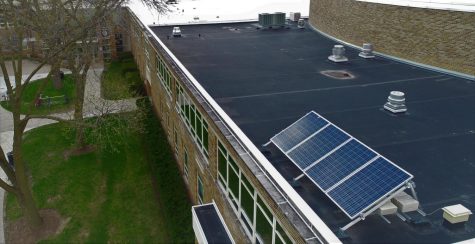What is Ramadan?
These bright lights, lanterns and crescent moon decorations adorn this house to celebrate Ramadan. The crescent moon and star are Islamic symbols. Lanterns have always been a traditional decoration that many Muslims around the world put up every Ramadan. The pillows in the back say “Ramadan Kareem” in Arabic writing, the dominant language of Islam.
You may have seen a lot of people putting up “Ramadan Mubarak” posts on social media or possibly heard that phrase sometime this month. Well, what is Ramadan? Ramadan is the 9th month of the Islamic Lunar Hijri Calendar, by which Muslims fast from sunrise to sunset everyday throughout the month. On April 1, Ramadan began and is now scheduled to end on the night of May 1.
For Muslims all around the world this month is extremely important as it’s not only the holiest in the Islamic calendar but it also a time to focus on one’s mental and spiritual well-being. Many use this month as a way to become closer to their faith by praying more, reading the Quran, attending Taraweeh (a special prayer where one part of the Quran is recited everyday during the night, more information below), and fasting.
Moreover, Ramadan has a strong significance to all Muslims around the world. It means a lot to Imam Azfar Uddin, the Taraweeh leader of Islamic Foundation North (Libertyville’s mosque).
“Ramadan, to me, is self-purification,” Uddin said. “But of course it’s not just that, it’s also not abandoning the oppressed, it’s amplifying their voice as well.”
In Islam, there are five main pillars: Iman (faith in Allah and Prophet Muhammed, Salah (prayer, five times everyday), Zakat (donating to the poor and needy), Sawm (fasting of Ramadan), and Hajj (pilgrimage to Mecca, if able to do so). Although all are amplified with this money, many take pride in their ability to give zakat. Numerous Muslims around the world believe that Ramadan teaches them not only patience and self-discipline, but also empathy towards those who are less fortunate. By fasting from sunrise to sunset, you gain an understanding and compassion towards those who may not be able to eat as many meals as you, which encourages acts of kindness through charity.
“It’s just a small taste of what the poor people have to go through,” Uddin said. “Some people say ‘oh, so we understand what the poor people feel.’ No, we don’t. We know at 7:45pm (sunset time right now) water is going down our throats. We know that the dates we will be eating are at 7:45pm today, but the poor and needy, they don’t know when their next meal is… God didn’t just tell us to write a big fat paycheck but he said, ‘I want you to experience a little bit of what they are like.’”
Nonetheless, it’s important to have goals during Ramadan, as this sacred month only comes once a year and using it to its fullest is extremely important. Freshman Zaara Ijaz tries her best to stick with her goals through the month and prioritizes them in order to fully gain a surrounding of Ramadan.
“My main goal was to cut down on gossiping and trying to become a better person,” Ijaz said. “I want to understand where everyone else is coming from. Another goal of mine was to build up my tolerance level since fasting while playing sports in Ramadan is very hard.”
It’s not uncommon to have family traditions during this blessed month. This can range from families decorating their homes to making sure everyone is at the dinner table for Iftar, which means “breaking fast” in Arabic. People may string lights, place ‘Ramadan Mubarak’ or ‘Blessed Ramadan’ signs around their homes, and cover their walls with moons and stars to symbolize Islam. Sophomore Abid Khan has some customs in his own home during the month of Ramadan.
“We gather up all together five minutes before iftar and we sit around and break our fast. We’ll try to listen to the Quran, pray and go to the mosque together more often as well.”
Another tradition that is common in most Muslim households is praying Taraweeh every night of Ramadan, especially the odd nights. Taraweeh is a prayer by which Muslims spend their night praying several sets of two Rakat (units made up of a series of movements in prayer) with a group, individually or at the mosque. Many choose to multitask by reading a part of the Quran within their Rakat. There are thirty different parts of the Quran, which many Muslims choose to read and finish during the month of Ramadan.
Uddin plans the first four units of the Taraweeh prayers and decides which parts of the Quran to read each evening.
“It’s just a bunch of repetition of what you’re reciting,” explained Uddin. “So for me, it’s that but also after the full Rakat I do, I prepare a five to seven minute talk in regards to what was being recited. Obviously, the Quran is very deep so you can go on and on…in several mosques in America on the last night we try to finish all thirty parts so that we can make a collective supplication with the community on that last night. It’s a very powerful moment, a very emotional moment.”
When Ramadan is over, the celebration for Eid-al-Fitr begins. Many Muslims gather together as a community to pray Eid salah and then have breakfast with friends and family. It’s overall a joyous day filled with gifts, togetherness and laughter. There are two Eids a year in the Islamic calendar, one right after Ramadan and the other on the 10th day of Dhu al-Hijjah, a month in the Islamic calendar. Celebrations can last from one to three days. Many people typically dress up for the occasion and it’s not uncommon for people to pick their outfits ahead of time.
“We buy lots of new clothes,” Ijaz commented. “My mom and I have been setting up decorations around the house and we’re going to invite some family friends over. We’re gonna make it really special.”
“I think that my cousins from Ohio are coming this Eid and then we’re having a Davaat (gathering) at my house with some family friends,” Khan added.
Overall, Ramadan is a special time for Muslims around the world filled with joyous activites and a time for self improvement. So, if you have any Muslim friends, make sure you tell them ‘Ramadan Mubarak’. They’ll appreciate it a ton.



